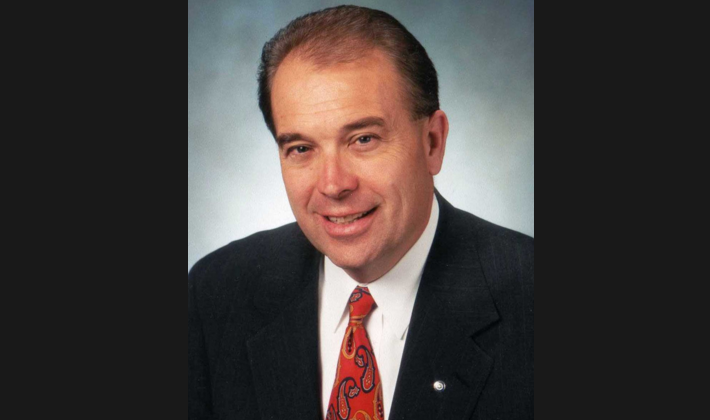By Randy Gordon
Posted on Jan 29, 2016
After a lengthy discussion, our City Council voted 6 – 2 Jan. 19 to pass a minimum wage ordinance.
Councilman Daryl Supernaw and Councilwoman Stacy Mungo were the two dissenters. Councilwoman Suzie Price had to leave the council meeting early for a family emergency. The action of the council establishes a new minimum wage of $13 an hour by 2019 for Long Beach. In addition, council approved a separate action that creates a pathway to raise the minimum to $15 per hour by 2021. Then starting in 2023, minimum wage would be indexed to inflation within the Greater Los Angeles area.
Comparatively, the city of Los Angeles and unincorporated parts of LA County have recently passed $15 per hour by 2020. Recently, the city of Santa Monica voted to adopt a minimum wage increase of $15 per hour by 2020 for most businesses and exempts union employees working under a collective bargaining agreement. This provision is meant to encourage employers to be even more open to organizing a union.
The Long Beach ordinance would increase the minimum wage as follows: $10.50 on Jan. 1, 2017; $12 on Jan. 1, 2018; and then $13 by Jan. 1, 2019. Nonprofits and small businesses — defined as 25 employees and less — would receive an extra year to implement. All of this on the heels of the state minimum wage increasing from $9 in 2014 to $10 as of Jan. 1 this year.
The Chamber worked with multiple stakeholders including the Downtown Long Beach Associates (DLBA), LA County BizFed, and many of the various business improvement districts and associations throughout Long Beach to support the Council of Business Associations (COBA) minimum wage proposal. That proposal was to increase the minimum wage to $12.50 over the course of five years. It included a year delay for small businesses (defined as 25 employees or less) and a two-year delay for charitable nonprofits. A youth wage to be paid at the state minimum wage level for employees 21 years and younger also was part of the proposal. The Chamber made the difficult decision to support such a proposal given the alternative being pushed by labor and the “Fight for 15” movement. In fact, when the city’s Economic Development Commission (EDC) recommended a $13 by 2019 (without the pathway to $15) in which Mayor Robert Garcia supported, we felt this was a very close compromise.
So it is very obvious we are disappointed that the council ignored both of these recommendations and the testimony of many business owners and nonprofit leaders — the very same people who are now tasked with finding the extra monies to pay these increased wages. The unintended consequences will be very negative for current business owners and those looking to start a business in our city.
Considering the potential impacts, one possible relief the council could provide which would greatly assist our restaurants and hospitality business owners is to allow for total earnings. This allows for employers to count tips, commissions and/or bonuses towards the minimum wage. Currently, the state of California is only one of seven states that do not allow for total earnings. We have asked our city attorney to look into this and decide if there’s anything our city can do. In the same vein, we will ask our area state legislators to consider proposed legislation, if necessary, that will allow our state to be on a similar playing field with the 43 other states.
The current action of the council is not ideal for Long Beach-based businesses and nonprofits. We need to support a move towards total earnings for our many restaurants and other hospitality small business owners. Many already have employees making more than $15 per hour when counting total earnings.
Profit margins are thin and they will be challenged to continue to employ the current number of employees they have without some significant change in law.
Business was told in the beginning that the process and the outcome of a minimum wage increase would be done the “Long Beach” way. That is, to consider the vast number of small businesses and nonprofits that call Long Beach home when crafting the ordinance as compared to the mega-metropolis that is Los Angeles.
Unfortunately, on its surface the Long Beach ordinance is just a copy of the Los Angeles model with a “pause.” Including total earnings is a step towards the “Long Beach” way.
Randy Gordon is the President/CEO of the Long Beach Area Chamber of Commerce
